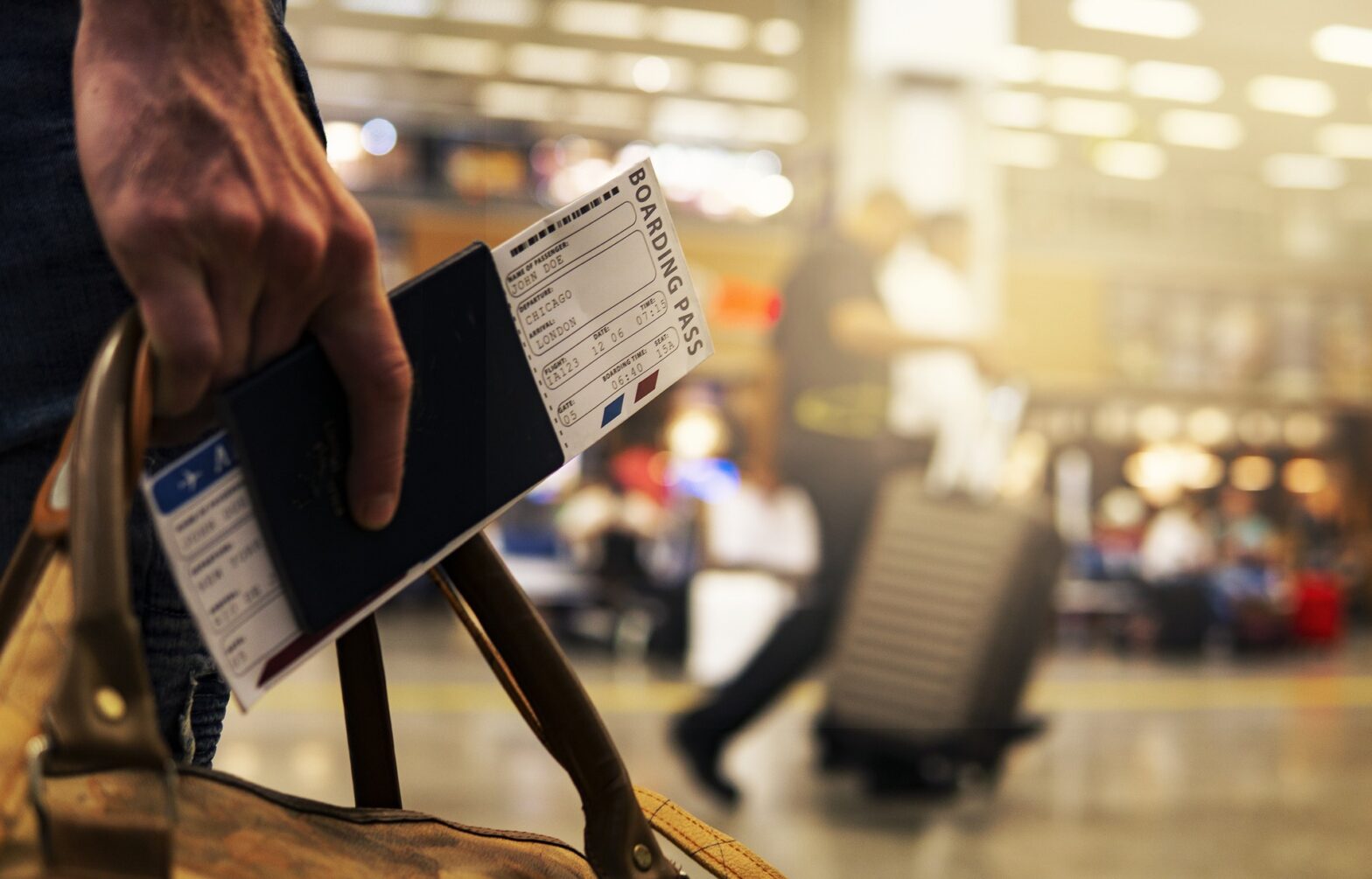There are many reasons companies offer corporate travel. Aside from fostering business growth, it enhances professional development and strengthens employee morale. Travel allows employees to attend conferences, meet clients, and explore new markets, which can drive innovation and expand business opportunities. Furthermore, face-to-face interactions build stronger client relationships and trust.
However, organising corporate travel does not come easy due to factors like coordination of schedules, logistics, budgeting, and varying preferences. Below, check out some tips on how companies can simplify corporate travel.
- Create Good Travel Policies
Every company should have travel policies for corporate travel. A good travel policy is crucial for many reasons. First, these policies ensure consistency and transparency across the organisation, providing clear guidelines on travel arrangements, expenses, and reimbursement procedures. This consistency fosters fairness among employees, avoiding potential disputes or misunderstandings.
Secondly, well-defined travel policies help control costs by outlining acceptable expenses, preferred vendors, and budgetary constraints. By setting limits on accommodation, transportation, and meal expenses, companies can optimise their budgets for corporate travel and prevent overspending.
Moreover, travel policies enhance compliance with legal and regulatory requirements. They ensure that organisations adhere to tax regulations, immigration laws, and corporate governance standards, reducing the risk of legal liabilities or penalties.
Good travel policies also contribute to employee satisfaction and productivity. Clear guidelines help streamline the booking process, saving time and effort for both travellers and administrative staff. Additionally, knowing what to expect regarding travel arrangements and expenses reduces stress and enhances the experience.
Moreover, travel policies support duty of care initiatives, prioritising employee safety and well-being during corporate trips. They may include provisions for travel insurance, emergency protocols, and health advisories, ensuring that employees have adequate support during emergencies.
- Hire a Travel Agent or Assistant
Companies should consider hiring a travel agent or assistant for organising corporate travel to simplify things. Travel agents possess expertise and industry knowledge that can streamline the travel planning process. They are well-versed in navigating complex travel arrangements and negotiating with airlines, hotels, and other service providers to secure the best deals.
In addition, travel agents or assistants can save valuable time and resources for companies by handling the intricate details of trip planning and logistics. They take on the responsibility of booking flights, hotels, ground transportation, and other arrangements, allowing companies to focus on their core responsibilities without the hassle of managing travel arrangements.
Furthermore, travel agents can provide personalised service and support to corporate travellers, offering assistance in case of itinerary changes, flight cancellations, or other unforeseen circumstances. Their expertise ensures that travellers receive prompt assistance, minimising disruptions and ensuring smooth travel experiences.
By hiring a travel agent or assistant, companies can enjoy efficiency, convenience, and cost-effectiveness in managing corporate travel, leaving them to focus on their business objectives while ensuring a seamless and enjoyable travel experience for their employees.
- Make Group Bookings to Save Time
When organising corporate business travel, make group bookings to save time. Arranging travel for multiple employees allows for consolidated planning and coordination. Instead of managing individual itineraries and bookings for each traveller separately, group bookings enable streamlined communication and logistics management, reducing the administrative burden on organisers.
In addition, group bookings often come with preferential rates and discounts offered by airlines, hotels, and other service providers. Negotiating and securing these discounts for a larger group can result in significant cost savings compared to booking individual trips. Moreover, group bookings may include additional perks or amenities for travellers, enhancing the overall travel experience while staying within budget.
Furthermore, group bookings simplify the reservation process, as organisers can reserve seats on flights, block hotel rooms, and arrange transportation for the entire group in one go. Doing so eliminates the need to coordinate multiple bookings across different dates and locations, saving time and reducing the risk of scheduling conflicts or availability issues.
Additionally, managing group bookings allows for better visibility and control over travel expenses, facilitating budget management and expense tracking. By consolidating travel arrangements, organisers can effectively monitor costs and ensure compliance with corporate travel policies.
- Organise Schedules in Advance
Organising schedules in advance for corporate business travel is essential for maximising efficiency, minimising disruptions, and ensuring smooth business operations. Planning ahead allows for adequate time to coordinate travel arrangements, including booking flights and accommodations and scheduling meetings or appointments. By proactively organising schedules, companies can secure optimal travel itineraries and take advantage of early booking discounts, reducing travel costs.
Advanced scheduling also provides employees with clarity and certainty regarding their travel plans, enabling them to plan their work commitments accordingly and manage their time effectively. Having schedules also facilitates better communication and coordination among team members, clients, and stakeholders, minimising potential conflicts and maximising productivity during the trip.
Moreover, organising schedules in advance allows for thorough preparation and risk mitigation strategies. Companies can anticipate potential challenges, such as flight delays, traffic congestion, or last-minute changes, and develop contingency plans to address them.
- Ask for Collaboration from the Team
Consider seeking collaboration from the team when organising corporate trips to make everything easier. Involving team members in the planning process fosters a sense of ownership and engagement, empowering them to contribute their insights, preferences, and concerns. This collaborative approach promotes inclusivity and ensures that the travel arrangements align with the diverse needs and priorities of the team members.
Furthermore, team collaboration enhances decision-making by leveraging collective knowledge and expertise. Each team member can contribute unique perspectives, experiences, and recommendations, enriching the planning process and enabling more informed and well-rounded decisions.
More importantly, involving the team in the planning process promotes transparency and accountability, fostering a culture of open communication and trust within the organisation. Team members feel valued and respected when their input is solicited and considered, leading to stronger relationships.
In conclusion, seeking collaboration from the team when organising corporate travel enhances engagement, decision-making, transparency, and teamwork, ultimately contributing to the overall success and satisfaction of the travel experience.






